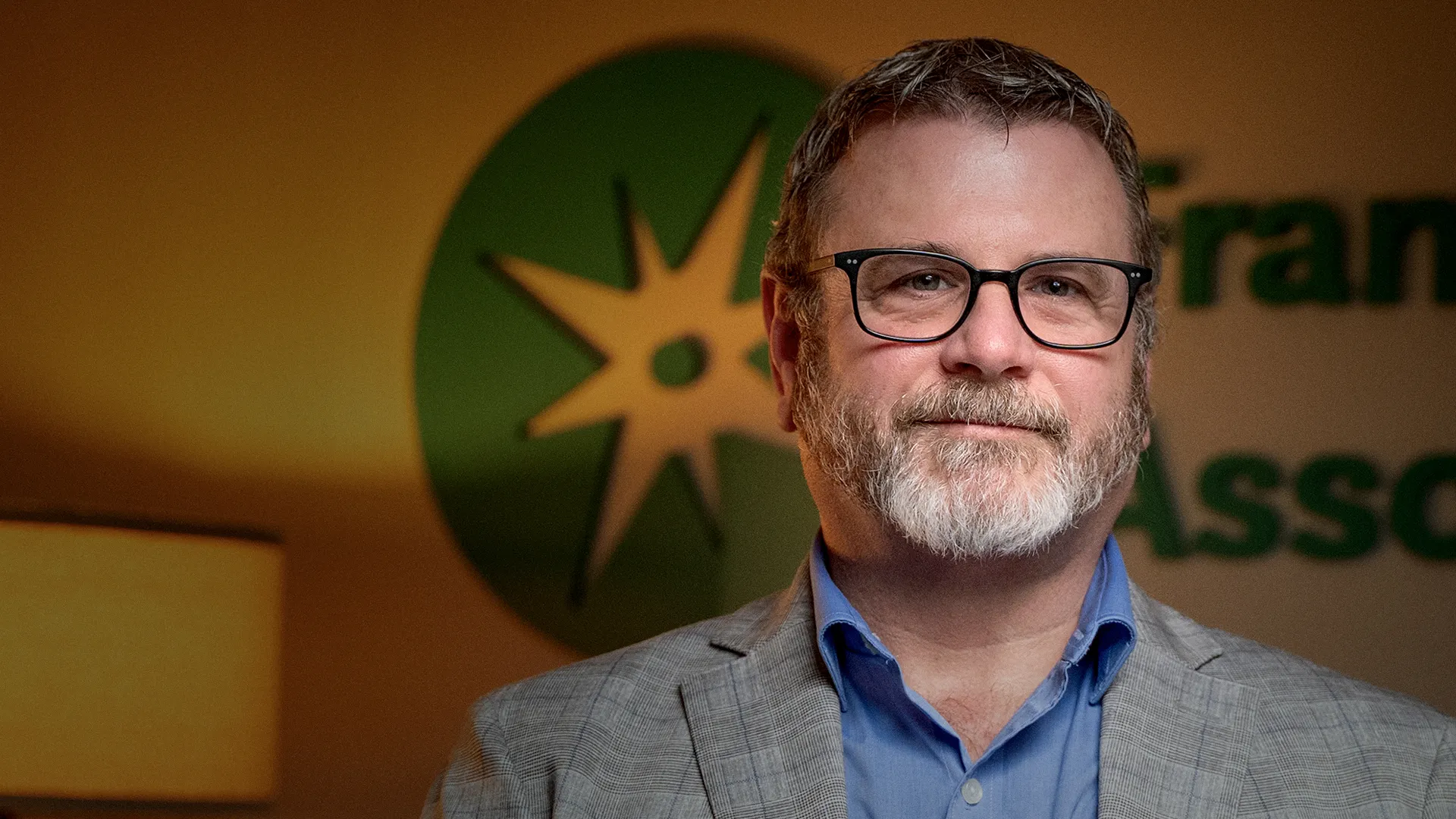How much is a 7 Eleven Franchise? This is a question many potential entrepreneurs ask when considering the venture.
7-Eleven, a globally recognized convenience store chain, presents an attractive opportunity for those looking to enter the franchising world.
Known for its ubiquitous presence and comprehensive support systems, a 7-Eleven franchise seems like a lucrative option at first glance. However, for first-time franchisees, it’s crucial to understand both the financial commitments and operational demands involved.
This article delves into the 7-Eleven franchise cost and requirements, weighing the pros and cons to help potential franchisees make informed decisions.
Costs of Opening a 7-Eleven Franchise.
Opening a 7-Eleven franchise involves several financial commitments, which vary based on the store’s location and other factors. According to 7-Eleven’s official franchise information, here are some of the primary costs:
| Expense | Estimated Cost |
| Franchise Fee 7-Eleven | $10,000 – $1,000,000 |
| Initial Investment | $37,550 – $1,149,900 |
| Liquid Assets Requirement | $50,000 – $250,000 |
| Royalty and Gross Profit Split | Typically around 50/50 |
-
- Franchise Fee 7-Eleven: The franchise fee for a 7-Eleven store typically ranges between $10,000 and $1,000,000, depending on the store’s location, size, and potential profitability. This fee grants the franchisee the rights to operate under the 7-Eleven brand and access to the company’s extensive resources.
-
- Initial Investment: The total initial investment, or 7-Eleven franchise cost, can range from $37,550 to $1,149,900. This investment covers the costs of inventory, licenses, permits, bonds, utility deposits, and other expenses required to get the store up and running. The broad range reflects the varying sizes and locations of stores, as well as the existing condition of the property being converted into a 7-Eleven.
-
- Liquid Assets Requirement: Prospective franchisees need to have a minimum of $50,000 to $250,000 in liquid assets. This requirement ensures that franchisees have sufficient financial resources to cover initial costs and sustain operations during the early stages when profitability might not be immediate.
-
- Royalty and Gross Profit Split: 7-Eleven operates on a gross profit split model, typically around 50/50. This means that the franchisee and 7-Eleven share the gross profits of the store, which can impact overall earnings. While this model aligns the interests of the franchisee and franchisor, it also means that a significant portion of the profits goes to the corporate entity.
Requirements for Becoming a 7-Eleven Franchisee.
Beyond the financial commitments, there are specific 7-Eleven franchise requirements to ensure franchisees are well-prepared to operate the store successfully:
| Requirement | Details |
| Training Program | Extensive training covering store operations |
| Background Check | Financial stability, business experience, integrity |
| Business Plan | Comprehensive strategy for managing and growing |
| Operational Experience | Retail or management experience beneficial |
-
- Training Program: Franchisees must complete an extensive training program provided by 7-Eleven, covering all aspects of store operations, from inventory management to customer service. This training is designed to equip franchisees with the necessary skills and knowledge to run a successful store and uphold the brand’s standards.
-
- Background Check: A thorough background check is conducted to ensure the franchisee meets 7-Eleven’s standards. This includes assessing financial stability, business experience, and personal integrity. A clean background is essential to maintain the trust and reputation of the brand.
-
- Business Plan: Prospective franchisees need to present a comprehensive business plan outlining their strategy for managing and growing the store. This plan should include market analysis, marketing strategies, financial projections, and operational plans. A well-prepared business plan demonstrates the franchisee’s commitment and understanding of the business.
-
- Operational Experience: While not mandatory, having prior experience in retail or management can be beneficial and may influence the decision-making process. Experienced operators are often better equipped to handle the day-to-day challenges of running a convenience store and can achieve profitability more quickly.
Pros of Owning a 7-Eleven Franchise.
-
- Brand Recognition: 7-Eleven is a globally recognized brand with a loyal customer base, providing an immediate advantage in terms of market presence. The brand’s reputation for convenience and reliability attracts regular foot traffic and repeat customers.
-
- Support and Training: The company offers extensive support and training programs, helping franchisees navigate the complexities of running a convenience store. This support includes ongoing training, marketing assistance, and operational guidance, ensuring that franchisees are never alone in their business journey.
-
- Turnkey Operations: 7-Eleven provides a turnkey operation, meaning the store is fully equipped and ready to operate upon takeover. This reduces the time and effort required to set up the business, allowing franchisees to focus on operations and customer service.
-
- Marketing and Advertising: Franchisees benefit from national and regional marketing campaigns, driving customer traffic to the stores. 7-Eleven’s marketing strategies are designed to enhance brand visibility and attract customers, providing a competitive edge in the market.
Cons and Considerations for First-Timers.
-
- High Initial Investment: The initial investment and ongoing financial commitments can be substantial, which may be challenging for first-time franchisees. The costs of setting up and maintaining the store can strain financial resources, especially if the store takes longer to become profitable.
-
- Profit Sharing: The gross profit split model can significantly impact net earnings, as franchisees share profits with the franchisor. While this model ensures alignment of interests, it also means that a considerable portion of the store’s revenue is not retained by the franchisee.
-
- Operational Demands: Running a convenience store requires long hours and a hands-on approach, which can be demanding, especially for those new to the industry. Franchisees must be prepared to handle various aspects of the business, including inventory management, staffing, customer service, and financial management.
-
- Competitive Market: The convenience store market is highly competitive, and standing out can be challenging, particularly for new franchisees without prior retail experience. Competing with other established convenience stores and local businesses requires strategic planning and effective execution.
Additional Insights
-
- Operational Complexity: Operating a 7-Eleven can be more complex than other franchises due to its 24/7 nature and diverse product offerings. Managing inventory, staffing for multiple shifts, and maintaining consistent service levels can be particularly challenging for first-timers.
-
- Regulatory Compliance: Franchisees must adhere to a range of regulations and standards set by 7-Eleven and local authorities. This includes health and safety regulations, employment laws, and other compliance requirements. Keeping up with these regulations can be demanding and requires careful attention to detail.
-
- Supply Chain Management: 7-Eleven’s extensive product range requires efficient supply chain management to ensure timely stock replenishment and minimize waste. This aspect of the business can be complex and may require franchisees to develop strong logistical and organizational skills.
Discover Your Perfect Franchise Fit!
Opening a 7-Eleven franchise offers brand recognition and extensive support but also involves significant financial and operational commitments. First-time franchisees should carefully assess their resources and experience to meet these demands.
While a 7-Eleven franchise can be rewarding, it’s not the only option. Other franchises in food service, health and fitness, education, and home services offer diverse opportunities with varying investment levels. Thorough research and comparison are essential to finding the right fit for your skills, budget, and business goals.
Prepare by researching 7-Eleven’s requirements, connecting with current franchisees, seeking professional advice, and crafting a robust business plan. Attending franchise expos and networking events can also provide valuable insights. Consulting with franchise brokers or advisors can guide you through the selection process.
The goal is to find a franchise that aligns with your interests, skills, and financial capacity. Careful evaluation will help you choose the right opportunity for your long-term business goals.
Take action today and explore becoming a 7-Eleven franchisee, but keep an open mind to other promising opportunities. Whether you pursue a 7-Eleven franchise or another venture, thorough research, strategic planning, and dedication are key to building a thriving business.
Click here to discover available franchises and connect with us today!


























